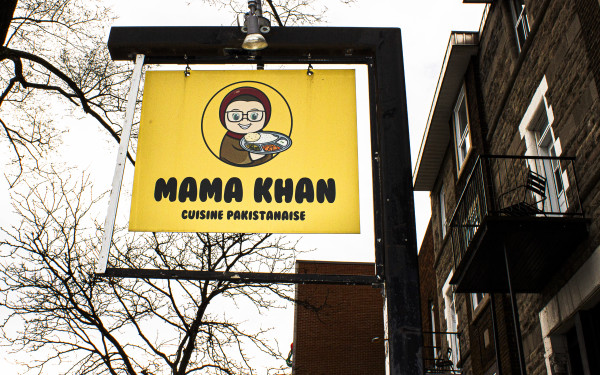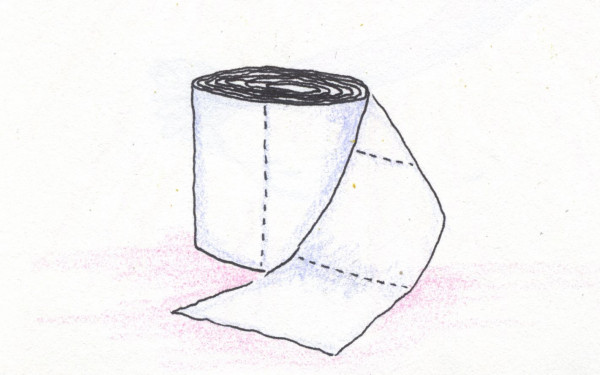Muslim Guineans Host Community Iftar for Undocumented Immigrants
Guineans United for Status gather to advocate for those in their fight for documentation
On April 15, Montreal’s Guineans United for Status Committee (GUSC) hosted a community Iftar. According to one of the organizers, Mostafa Henaway, “Most people coming from Guinea are Muslim. So, the month of Ramadan is very important for them…People want to be together during Ramadan.”
Djibril Diallo, an attendee and undocumented Guinean immigrant has been in Canada for four years and awaits his hearing. “We invited all the friends and members to come and celebrate Ramadan together,” Diallo said. “I am part of this community…We promote for the Guinean people to have status and to fight against deportation.”
GUSC was founded in 2016 by undocumented Guinean immigrants asking for regularization. Co-founder Mohamed Barry said “It is to fight injustice, deportation, detention, harassment, exploitation, and loss of access to proper health care for millions of migrants.” Since coming to Canada 12 years ago, Barry’s status was finally approved three years ago after many failed attempts.
In a press release, GUSC stated “There are over 500,000 people, including families, living in Canada without any valid immigration permits. Without permanent resident status, we are unable to assert our rights at work or access basic healthcare, and we face discrimination and exploitation because of the well-founded fear of deportation.”
The organization also "supports individual refugee claimants in their fight for status,” said Mostafa Henaway. “Whether it be to stop their deportations, launch individual campaigns or press conferences, or help get them support for their humanitarian applications.”
GUSC’s main demand is for regularization, the process of granting immigrants and undocumented individuals a legal status. They also have a set of requirements for how the procedure should be carried out: A simple application process, no exclusions or inadmissibility, no detention or deportations, and a comprehensive communication strategy.
“Everyone needs to be regularized, not only 500 people,” said Mohamed Barry. “They all need to be heard. Instead of bringing other people, while those people are yet to be regularized.”
The press release states, “If the regularization program only grants temporary residence, not all rights will be accessible, the relief will be short lived and many people may become undocumented again. If strict criteria are applied then few people will qualify and others will become at greater risk of detention and deportation.”
However, the issues do not stop there. When it comes to Guinean refugees, Mostafa Henaway said, “There's quite a bit of racism, particularly towards West Africans.” He went on to explain that Guinea is actually an extremely rich country as it is a large source of Bauxite, which is a mineral mainly used to produce aluminium. Canada is a significant consumer of the mineral, and Guinea is a major trade partner for this country’s bauxite imports.
Despite its thriving Bauxite industry, Guinea is also “one of the most unequal. It's one of the poorest countries in Africa,” stated Mostafa Henaway. According to the World Food Programme (WFP), 55 per cent of Guineans live in poverty.
“Non-status people are part of communities. We are neighbours, classmates, parents, spouses, children, coworkers and caretakers. We experience insecure housing, abuse at work, poverty and fear. The uncertainty about the future, constant stress of making ends meet and risks of detention and deportation negatively impacts our health. Living without status requires a tremendous amount of resilience,” the press release states.
As the sun began to set, members of the community handed out dates to the fasting participants, inviting them to break their fast. While the aromas of their home-cooked meals filled the space, Muslim members began their fourth prayer of the day. The room fell silent as we waited for the feast to begin.






_600_375_90_s_c1.jpg)
